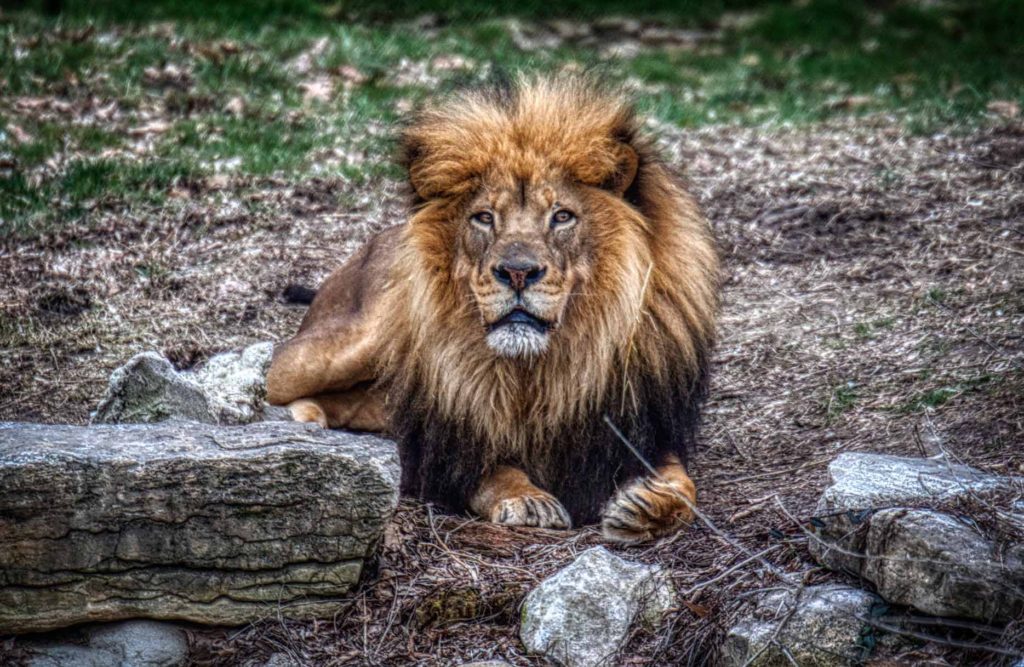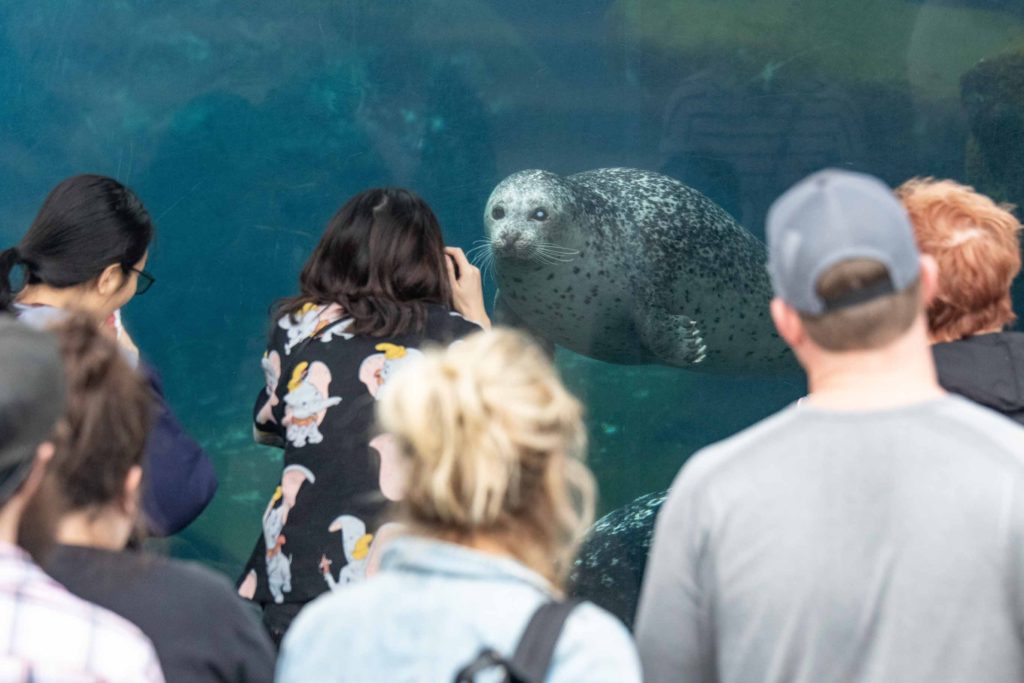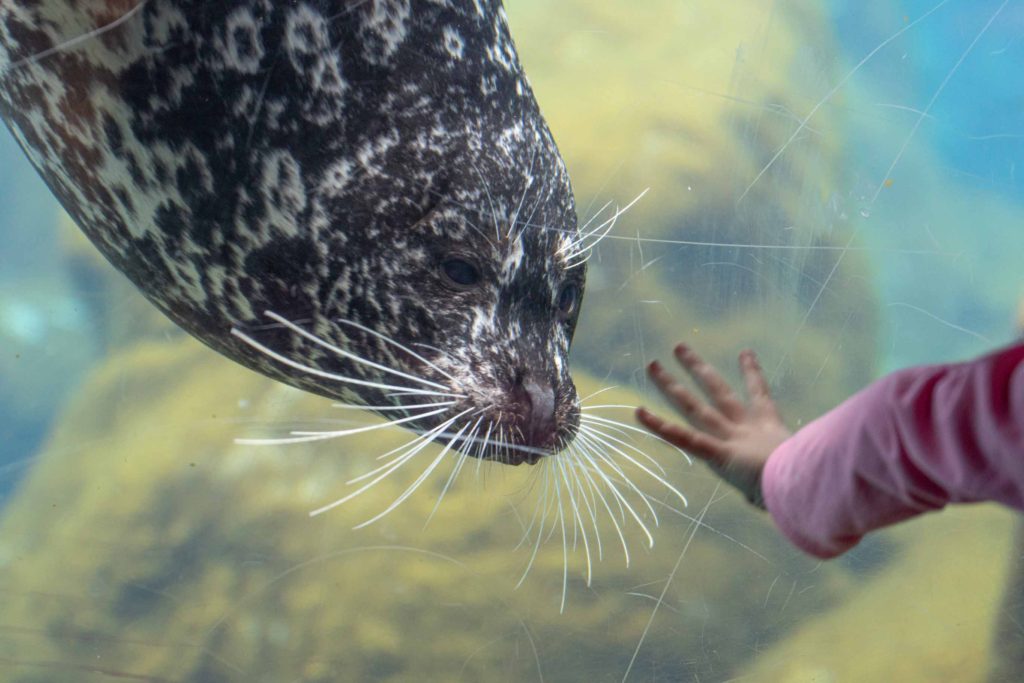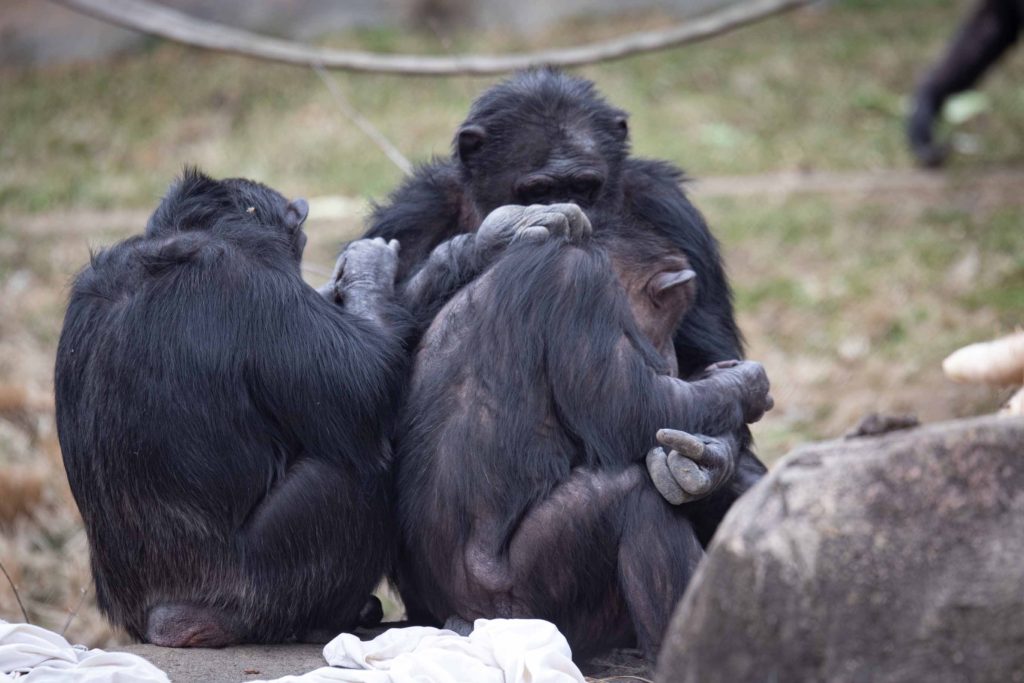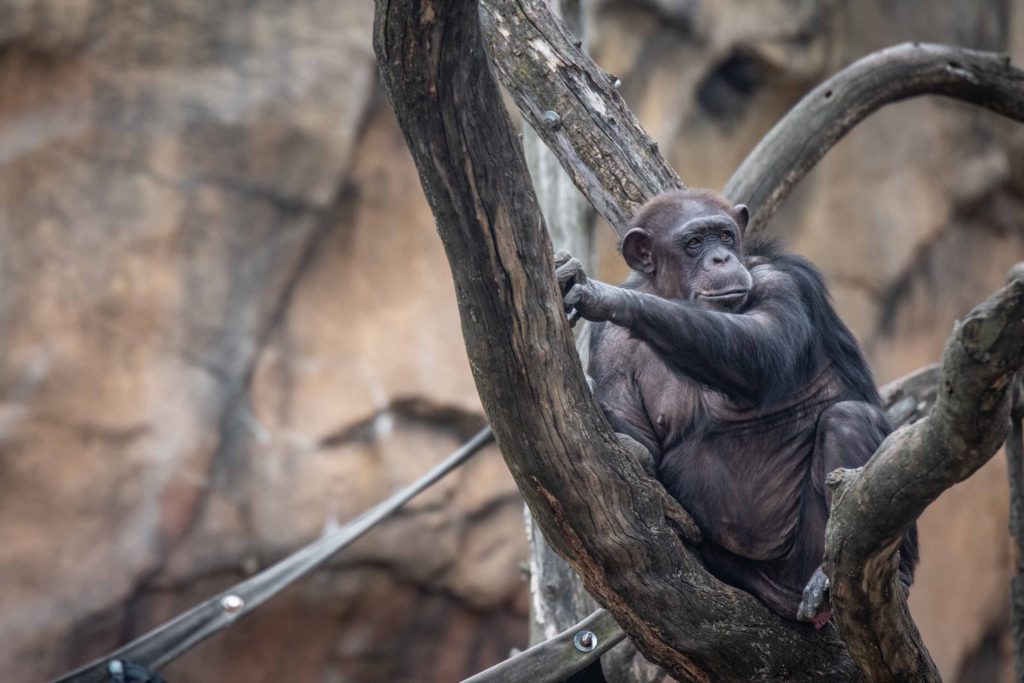Coronavirus as an Opportunity to be Racist
Coronavirus is not an excuse to be racist. We all know that. Nonetheless, as we struggle to deal with the Coronavirus crisis, significant numbers of Americans are dusting off their favorite go-to tactic, racism, and aiming it toward the Far East. This time, it’s racism against Chinese people. For many examples, see the attached clip from Samantha Bee’s show (begin at 3:05 min for many examples where Fox Commentators follow Donald Trump’s xenophobic lead).
I struggle to find words to express my disappointment at this celebration of bigotry, and it’s not simply because I have many acquaintances and friends who are Chinese. It’s not simply because my daughters are Chinese. It’s because engaging in bigotry is a cruel thing to do to any another human being. We need to stop painting hundreds of millions of people with this broad brush. Have we learned NOTHING from the civil rights movement? For those who are tempted to push back at me and continue to blame “the Chinese” for our current struggle, which particular people are you angry at? You know it’s not all the Chinese people. You know that viruses don’t respect national borders. If you know anything about the evolution of viruses, you know that the next pandemic might originate in your own hometown.
Making this even more irritating for me, many of these racists claim to be Christians. Here’s my advice for those of you who are working hard to rename Coronavirus as “Chinese Coronavirus” or “Chinese Virus”: Take a deep breath, look in the mirror, take seriously your own commandment to love your enemy and put your fucking dog whistles away.
PS. This entire episode in hyper-nationalism is predictable by “Terror Management Theory.” (TMT). It’s well documented that people do this kind of shit when they are scared. See, here and here. Also see "The Worm at the Core," an excellent book on TMT by Sheldon Solomon.
That said, we can work harder to become better versions of ourselves in this crisis. We need to do a better job of keeping the focus on saving lives.

